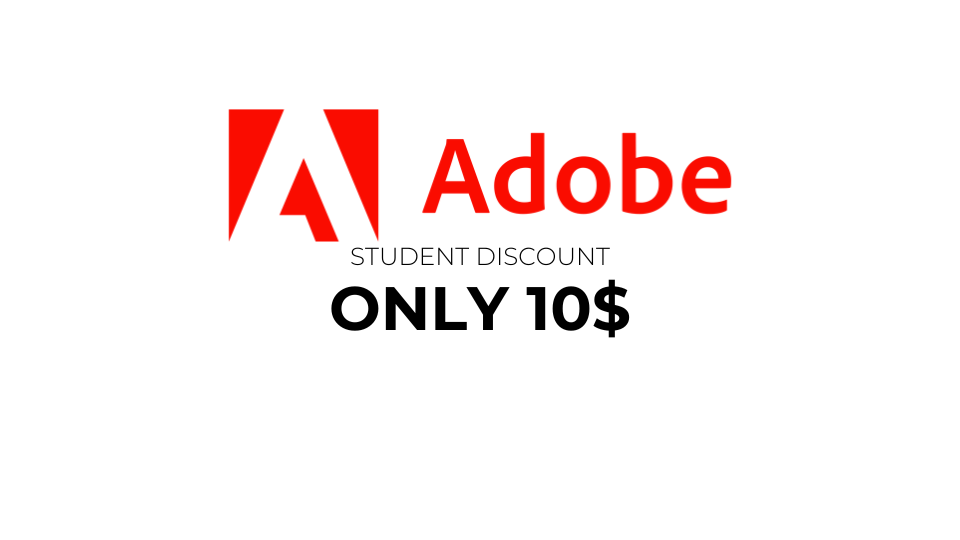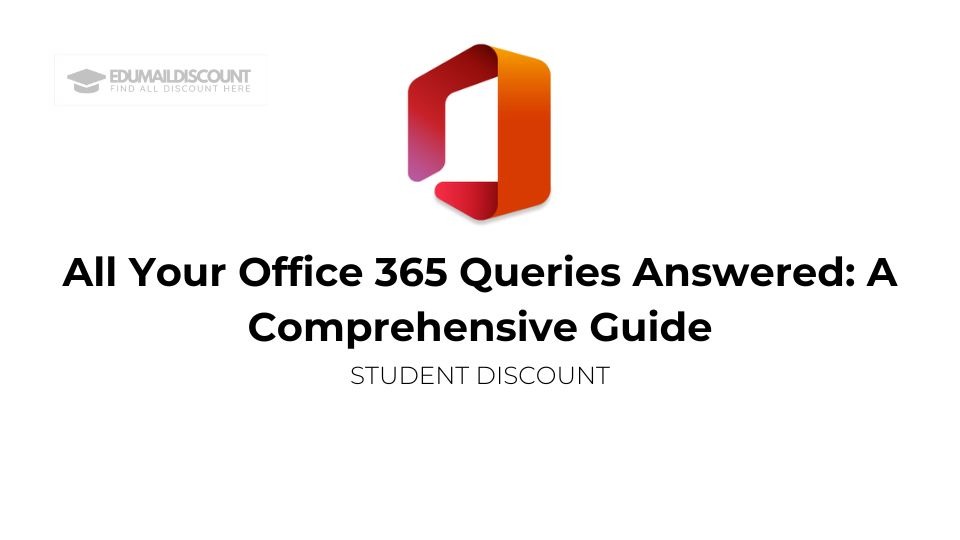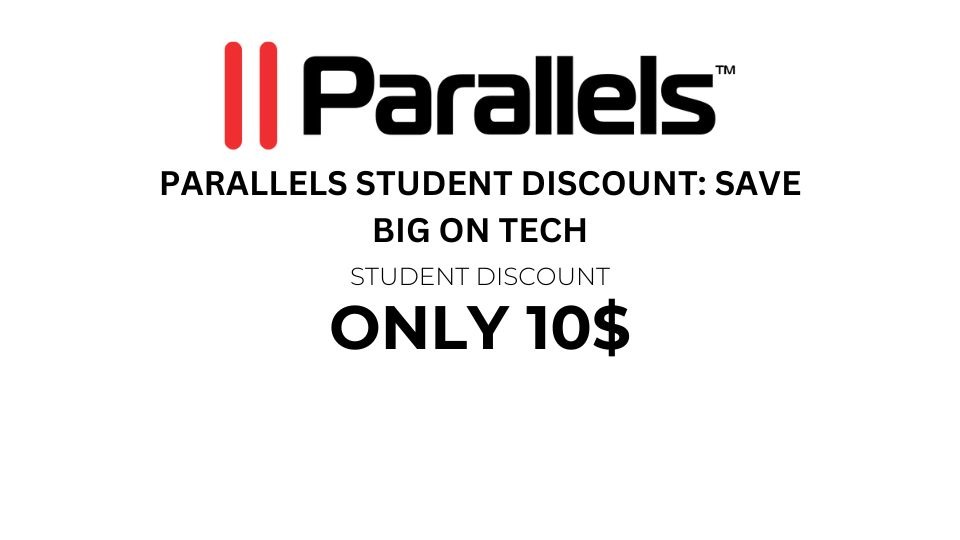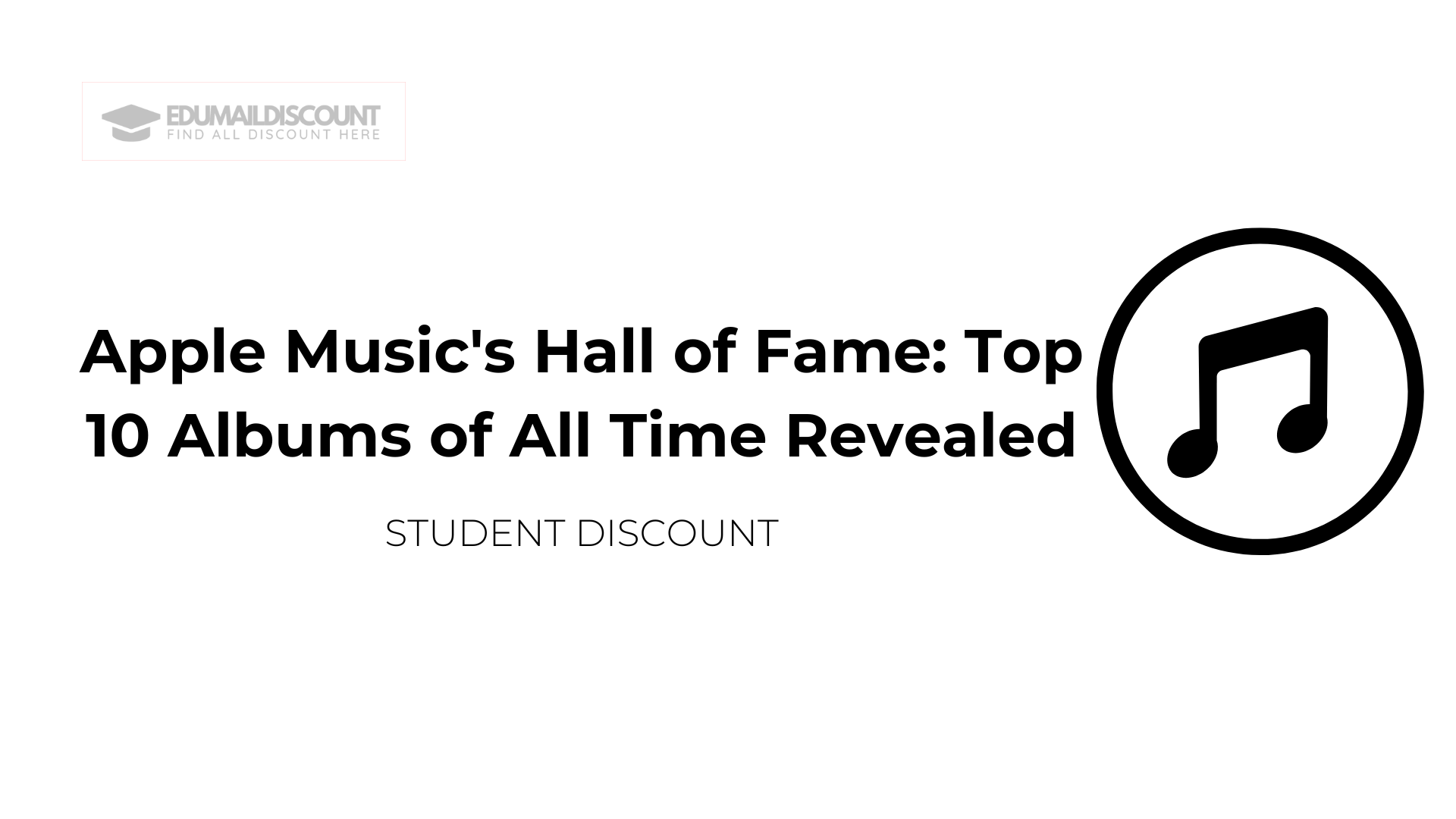Tableau on a Budget: A Guide to Finding Affordable Licenses
This guide provides tips for obtaining affordable Tableau licenses by exploring various options and strategies. It covers understanding the differences between Tableau Desktop and Server, choosing between subscription and perpetual licensing, and leveraging academic, non-profit, and seasonal discounts. It also suggests considering third-party resellers, exploring alternatives like Tableau Public and open-source tools, and maximizing value through appropriate role selection and free resources. Additionally, it addresses the risks of buying used licenses and offers advice on negotiating with Tableau sales representatives for better terms.
Table of Contents
1. Understanding Tableau Licensing Options
1.1. Tableau Desktop vs. Tableau Server
Tableau Desktop is like your personal data playground, perfect for individual analysts. On the other hand, Tableau Server is more of a team sport, letting you share your amazing visualizations with colleagues. I remember when I first started using Tableau Desktop – it felt like I had unlocked a whole new world of data storytelling!
1.2. Subscription vs. Perpetual Licensing
Choosing between subscription and perpetual licensing is a bit like deciding whether to rent or buy a house. Subscriptions give you flexibility, while perpetual licenses are a one-time investment. Personally, I went with a subscription when I was just starting out, as it allowed me to test the waters without a huge upfront cost.
1.3. Tableau Creator, Explorer, and Viewer Roles
Think of these roles as different levels of access to a fancy data buffet. Creators get to cook up new dishes (visualizations), Explorers can sample and modify existing ones, and Viewers… well, they get to enjoy the feast without messing with the recipes. It’s crucial to assess your team’s needs to avoid overpaying for features you won’t use.
2. Official Tableau Discounts and Promotions
2.1. Academic Programs for Students and Educators
If you’re a student or teacher, you’re in luck! Tableau offers some sweet deals for academia. I wish I had known about these when I was in college – I could have upped my data game way earlier!
Where to buy Tableau in cheap price?
To find Tableau at a lower price, you can explore several avenues. For significant discounts, check out Telegram channels like JohnWeekend and HeavenOfSoftware, which often feature deals and offers on software licenses. Additionally, you can reach out to weekend@edumaildiscount.com for potential savings and special pricing. These resources can help you secure Tableau at a more affordable rate.

Best Place to buy Tableau Software
2.2. Non-Profit Organization Discounts
Tableau has a heart for non-profits, offering special pricing to help these organizations make a bigger impact with their data. It’s heartwarming to see how this can benefit causes we care about.
2.3. Seasonal Sales and Special Offers
Keep an eye out for Tableau’s seasonal promotions. They’re like surprise data visualization gifts throughout the year! I once snagged a great deal during their end-of-year sale, which made my budget-conscious boss very happy.
3. Exploring Third-Party Resellers
3.1. Authorized Tableau Partners
Authorized partners are like Tableau’s trusted friends. They can sometimes offer deals or bundles that you won’t find directly from Tableau. It’s worth checking them out!
3.2. Volume Licensing Opportunities
If your team is growing, volume licensing might be your new best friend. It’s like buying in bulk at the grocery store – the more you get, the better the deal can be.
3.3. Comparison Shopping Among Resellers
Don’t be shy about shopping around. Different resellers might have different promotions or packages. It’s a bit like comparing hotel prices for your vacation – a little effort can lead to significant savings.
Best Place to buy Tableau Software
4. Considering Tableau Alternatives
4.1. Open-Source Data Visualization Tools
There’s a whole world of free, open-source tools out there. While they might not have all the bells and whistles of Tableau, they can be a great starting point. I’ve played around with some of these and was impressed by what they could do.
4.2. Lower-Cost Commercial Alternatives
Some other commercial tools offer similar features at a lower price point. It’s like choosing between brand-name and generic products – sometimes the cheaper option works just as well!
4.3. Free Tableau Public for Personal Projects
Don’t forget about Tableau Public! It’s free and perfect for personal projects or building your portfolio. I’ve used it to create visualizations for my blog, and it’s been a great way to practice without spending a dime.
5. Maximizing Value from Your Tableau Investment
5.1. Choosing the Right License for Your Needs
It’s important to be honest about what you really need. Do you need all the features of a Creator license, or would an Explorer suffice? I’ve seen teams waste money on overpowered licenses that weren’t fully utilized.
5.2. Optimizing User Roles and Permissions
By carefully assigning roles, you can make sure you’re not overpaying. It’s like giving everyone in your family the right key – not everyone needs access to every room in the house.
5.3. Leveraging Free Tableau Resources and Training
Tableau offers a ton of free resources and training materials. Take advantage of these! I’ve learned so much from their free webinars and online tutorials.
Best Place to buy Tableau Software
6. Used and Second-Hand Tableau Licenses
6.1. Risks and Considerations of Used Licenses
Buying used licenses can be tempting, but it’s not without risks. It’s a bit like buying a used car – you need to be extra careful and do your homework.
6.2. Transferring Licenses Between Organizations
Sometimes, you can transfer licenses between organizations. This can be a win-win situation if done correctly. I once helped a friend’s company acquire licenses this way, and it worked out great for both parties.
6.3. Verifying License Authenticity
Always, always verify the authenticity of any license you’re considering buying second-hand. It’s not worth the headache of dealing with fake licenses down the line.
7. Negotiating with Tableau Sales Representatives
7.1. Preparing for License Negotiations
Do your homework before talking to sales reps. Know what you need and what the market rates are. It’s like preparing for a job interview – the more prepared you are, the better the outcome.
7.2. Bundle Deals and Multi-Year Contracts
Consider bundle deals or multi-year contracts if you’re sure about your long-term needs. These can offer substantial savings. Just be sure you’re ready for the commitment!
7.3. Requesting Price Matching or Custom Quotes
Don’t be afraid to ask for price matching or custom quotes. The worst they can say is no, right? I’ve been surprised by how flexible sales reps can be when you show them you’ve done your research.
Summary
Finding affordable Tableau licenses doesn’t have to be a headache. From official discounts to third-party resellers, and even considering alternatives, there are plenty of ways to get your hands on this powerful tool without breaking the bank. Remember, it’s all about understanding your needs, doing your research, and not being afraid to negotiate. Happy data visualizing!
Best Place to buy Tableau Software
Frequently Asked Questions (FAQs)
- Can I use Tableau for free?
- Yes, you can use Tableau Public for free, but your visualizations will be publicly available.
- How often does Tableau offer discounts?
- Tableau typically offers discounts during major holidays and at the end of their fiscal quarters.
- Is it legal to buy used Tableau licenses?
- It can be, but you need to ensure the license transfer is done properly and with Tableau’s approval.
- What’s the difference between Tableau Desktop and Tableau Public?
- Tableau Desktop is the paid version with more features and privacy, while Tableau Public is free but your work is publicly accessible.
- Can I upgrade or downgrade my Tableau license later?
- Yes, Tableau allows you to change your license type, but the process and implications may vary depending on your current agreement.







